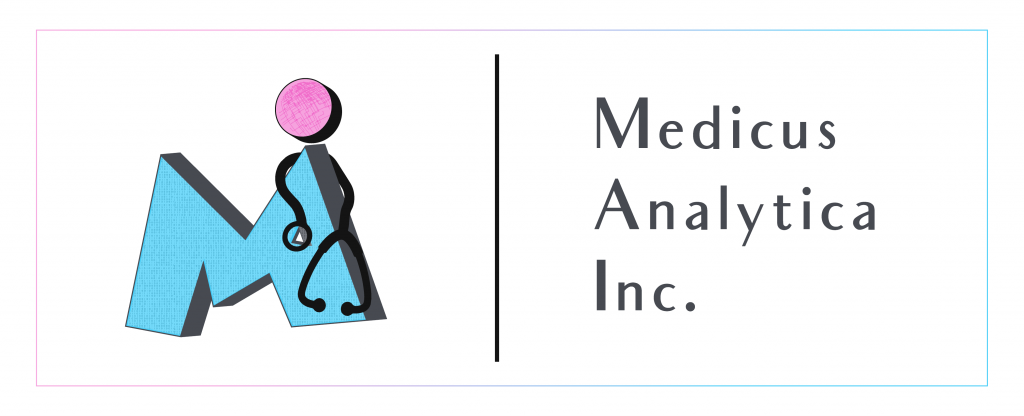Healthcare Technology
Big Data in Healthcare: Revolutionizing Patient Outcomes
Introduction
Big data is increasingly becoming an indispensable part of healthcare, fundamentally transforming the way medical professionals predict, diagnose, and treat diseases. In this article, we will delve into the myriad ways big data analytics is significantly enhancing healthcare delivery, examining not only its benefits but also the challenges faced and the anticipated trends that will ultimately shape the future of this industry.
The Impact of Big Data on Healthcare
Big data on healthcare specifically refers to the vast quantities of information generated from numerous sources like electronic health records (EHRs), medical imaging, genomic sequencing, and more. Furthermore, this data, when analyzed and applied correctly, can lead to groundbreaking improvements in patient care.
Improving Diagnostic Accuracy
One of the most significant advantages is, undoubtedly, its role in enhancing diagnostic accuracy. By thoroughly analyzing patterns and effectively integrating various data types, healthcare professionals can, in turn, detect diseases at a much earlier stage and with even greater precision.
Customizing Patient Treatments
Enables personalized medicine by allowing treatments to be tailored specifically to individual patients. Furthermore, the analysis of a patient’s unique data set can subsequently lead to more effective and highly tailored therapeutic strategies.
Enhancing Preventive Care
Predictive analytics are undoubtedly a boon for preventive care. By carefully analyzing trends and outcomes, healthcare providers can effectively identify risk factors early and subsequently recommend preventive measures to patients.
Streamlining Operations
Big data analytics, therefore, assists healthcare facilities in optimizing their operations, ranging from resource allocation to patient flow, consequently and significantly enhancing efficiency and reducing costs.
Challenges in Leveraging Big Data
Even though it holds immense potential, the integration nevertheless faces several challenges. Issues such as data privacy, security concerns, and the need for sophisticated analytics tools, therefore, present significant hurdles.
Ethical Considerations
The use of big data managing healthcare undeniably raises ethical questions, particularly regarding patient data privacy and consent. Therefore, navigating these concerns is crucial for maintaining trust and integrity in healthcare delivery.
Future Trends in Healthcare Data Analysis
Looking ahead, several trends are likely to influence the use of big data:
- Increased adoption of AI and machine learning
- Greater emphasis on cybersecurity
- Expansion of telemedicine
- Enhanced focus on patient-centered care
The Role of Big Data in Pandemic Management
The COVID-19 pandemic has, therefore, underscored the importance of big data in managing health crises. Furthermore, from tracking the spread of the virus to strategizing vaccine distribution, big data has been, indeed, instrumental.
Integrating with IoT
The integration of the Internet of Things (IoT) with big data is undoubtedly set to further enhance healthcare delivery. In fact, IoT devices can seamlessly collect real-time data, which, when thoroughly analyzed, can ultimately provide actionable insights to healthcare providers.
Overcoming Data Silos
Breaking down data silos is absolutely essential for the effective use of big data in managing healthcare. By integrating disparate data sources, we can ultimately provide a much more comprehensive view of patient health and, consequently, improve outcomes.
Conclusion
In conclusion, big data indeed holds the promise of completely transforming healthcare, making it significantly more accurate, efficient, and personalized. Although there are challenges to overcome, the future certainly looks bright with big data analytics clearly leading the way.
FAQs
- How does big data improve diagnostic accuracy?
By analyzing vast amounts of health data, patterns can be identified that lead to more accurate and earlier diagnoses. -
What are the ethical concerns?
Key concerns include ensuring patient data privacy and securing informed consent for the use of personal health information. -
What role does big data play in pandemic management?
Helps track disease spread, analyze treatment outcomes, and manage health resources effectively during pandemics. -
How is IoT enhancing healthcare with big data?
IoT devices collect real-time data that, when analyzed, provides insights that can lead to improved patient care and operational efficiencies.
